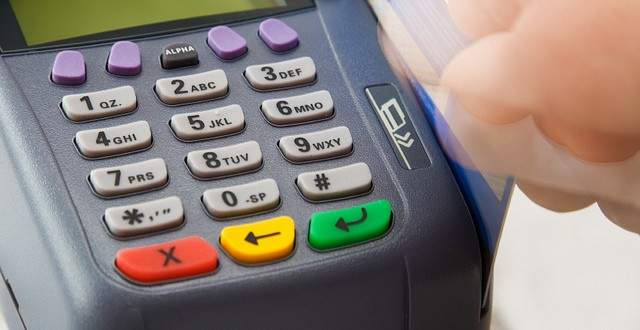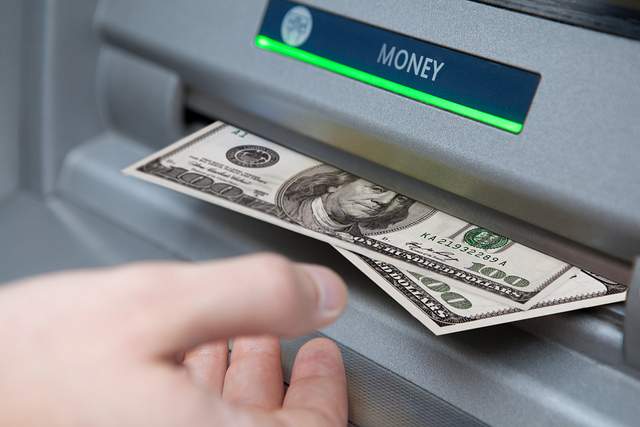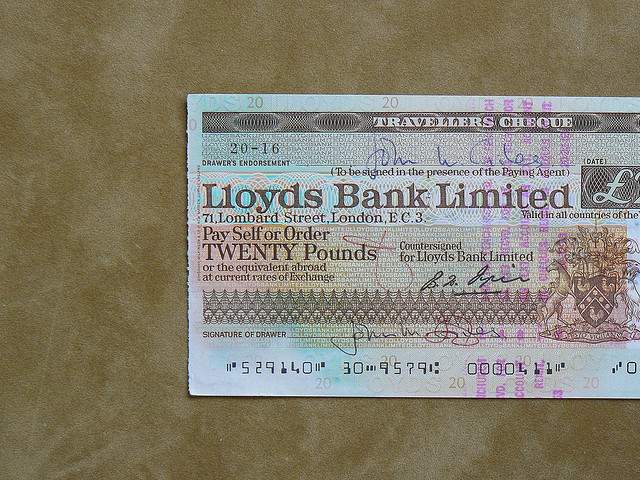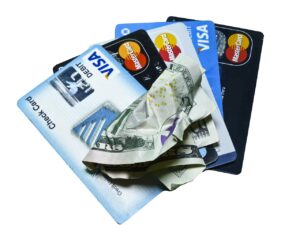Money Essentials for Serious Travelers

These are serious travel nightmares. You are trying to use an ATM situated somewhere in a remote part of the African Continent and it just devours your card. You have to leave on the early morning train and the bank only opens at nine. Yesterday was a popular national holiday, tomorrow is a general strike and today you are on your cruise. What are you supposed to do?
Well, you can throw yourself to the mercy of strangers, persuade bank managers back home to bail you out of unwarranted situations or simply call up a relative living far away— but honestly speaking, it is better to have a plan B, especially when it comes to your valuable travel cash.
Carrying Cash
- The golden rule that applies to travel money is that you should refrain from keeping all your eggs (money) in a single basket (wallet/bag). If you happen to get robbed or lose your baggage on the airport, then you end up having no money on yourself –right? If you are planning to use a bank card for all your expenses, then it is good to carry a small and useful amount of cash in easy-to-change currencies stacked somewhere away from the rest of your valuables. We all have our own tricks for hiding emergency stash: secret pockets, money belts, zip lock bags tucked into suitcase linings and so forth.
- British pounds, US dollars and Euros are the easiest to change. This rings all the more true in the developing world. So, even if you find that moneychangers and all the banks are closed, you may find a shopkeeper ready to exchange a few bills. It’s good to aside enough money to support yourself for several days, use smaller denomination bills and refrain from changing everything at lesser advantageous rates.
Travelling with cards
If you would rather rely on plastic money, read these few simple rules that apply to every traveler like you.
- Ensure that your credit/debit card is accepted in the destination you plan to visit.
- Inform your bankers about your travel plans, so they do not block your card the very first time you use it abroad on your travels. However, most banks will allow you to do this on their portal.
- Refrain from letting your card go out of your sight. As most credit card scams require a little time alone with your plastic card.
- If you cannot see an electronic-point-of-sale equipment, then it is better to play it safe and pay your expenses with cash from an ATM.
- Keep emergency phone numbers handy-effectively the international number for locking your card and that of the local police station.
- Check the layout of the ATM keypad before punching in the details. Most travelers lose their cards by entering the wrong numbers in the right pattern on a foreign ATM keypad.
- Carry travelers’ cheques or back-up cash at all times. ATMs are dependent on a phone signal and electricity supply-things that are notoriously unreliable in today’s world.
Last but certainly not the least; be aware of all applicable bank charges and currency exchange rates.











